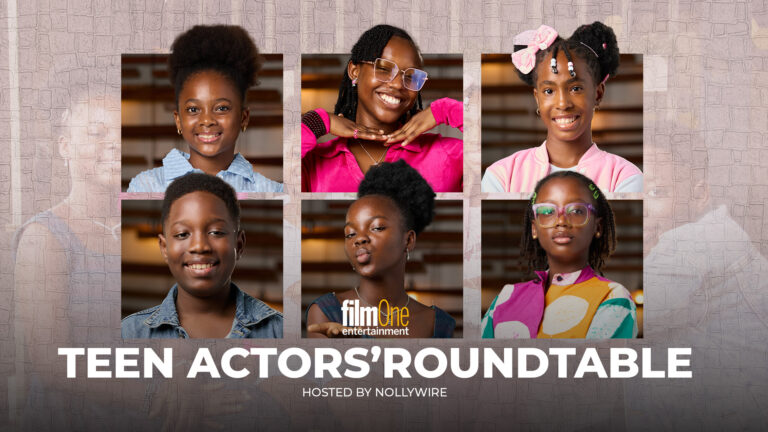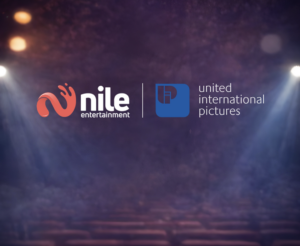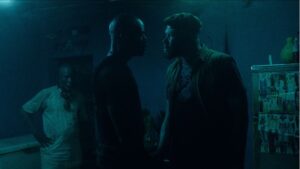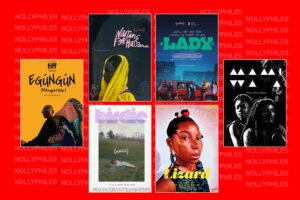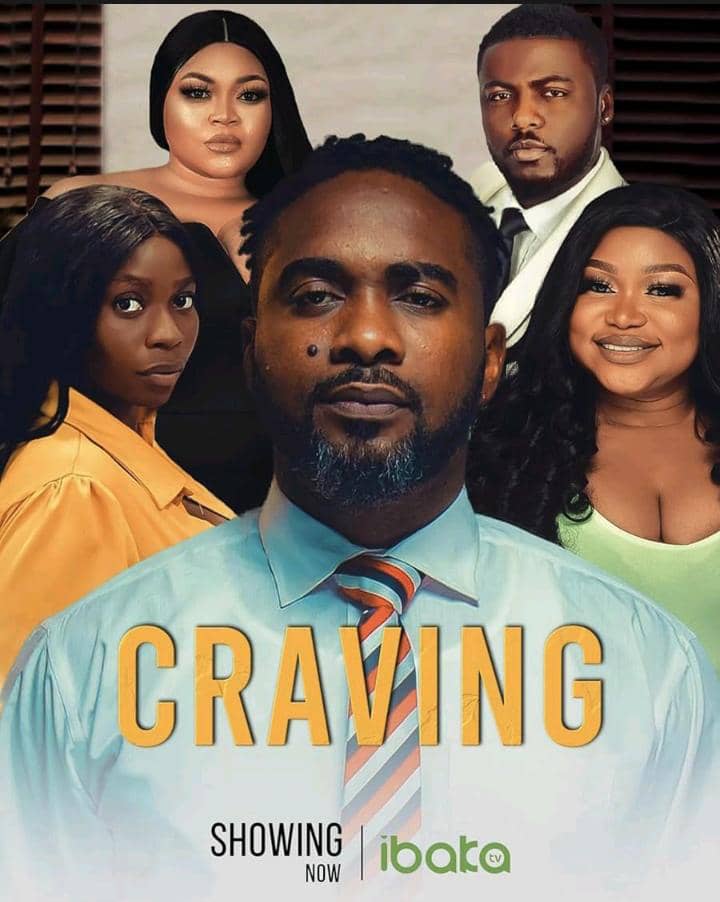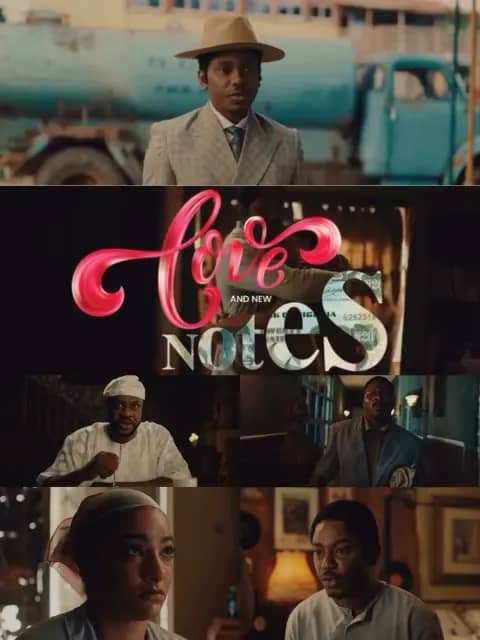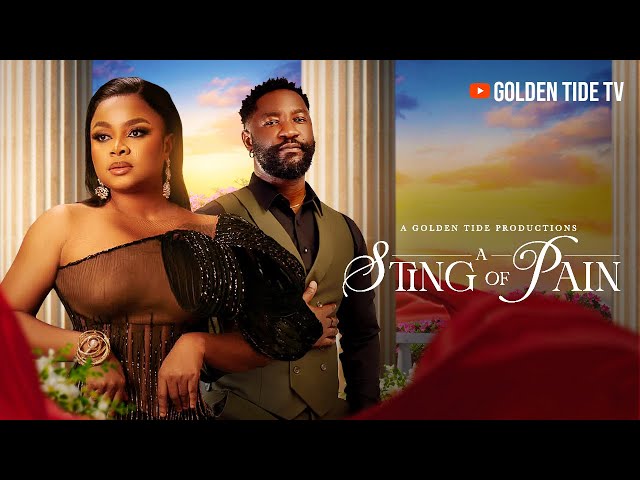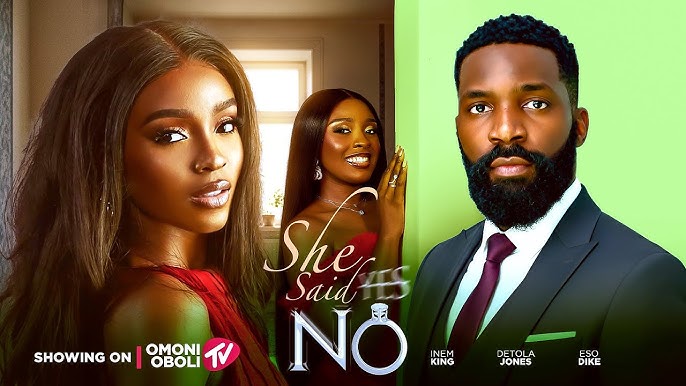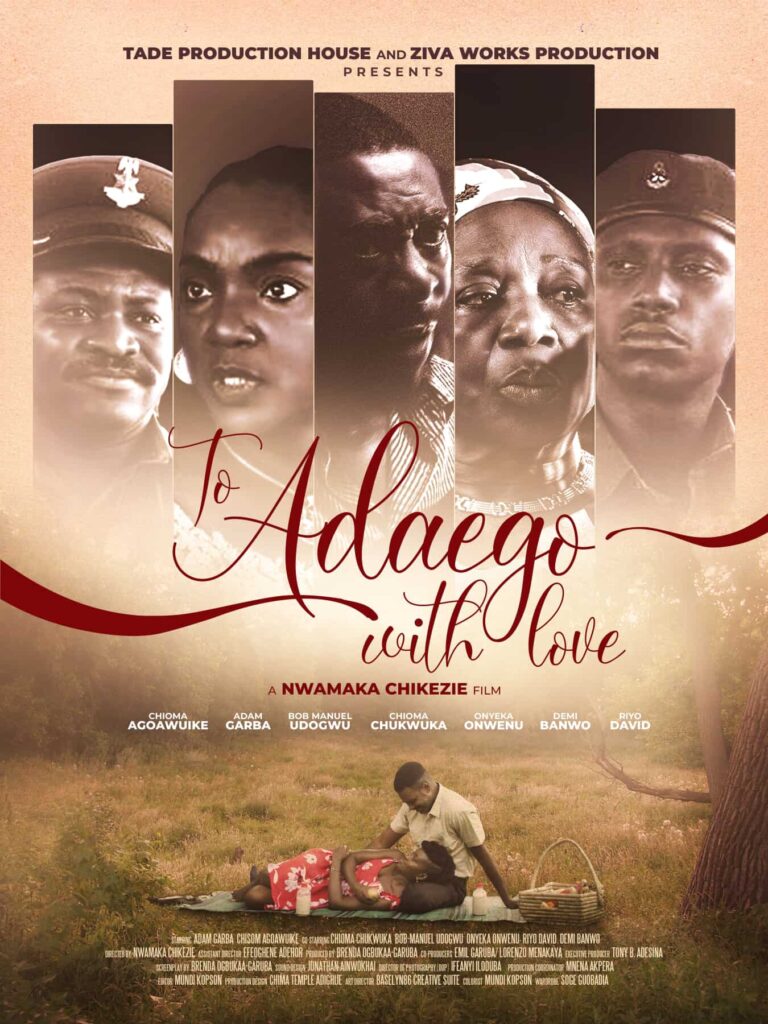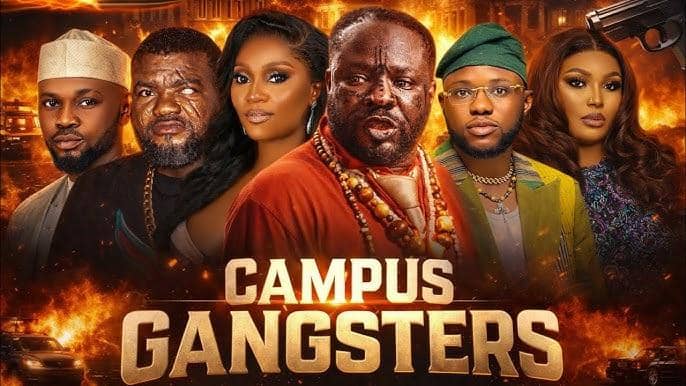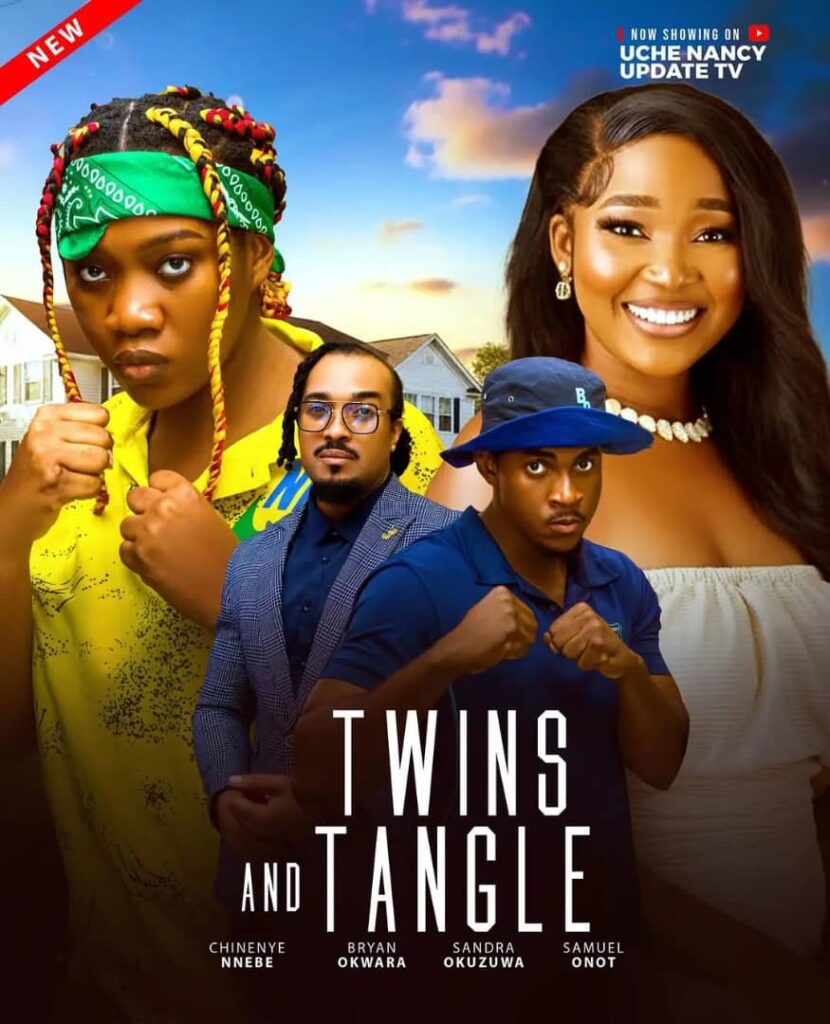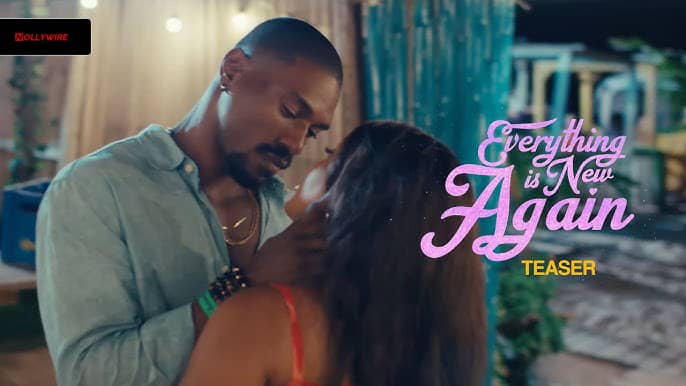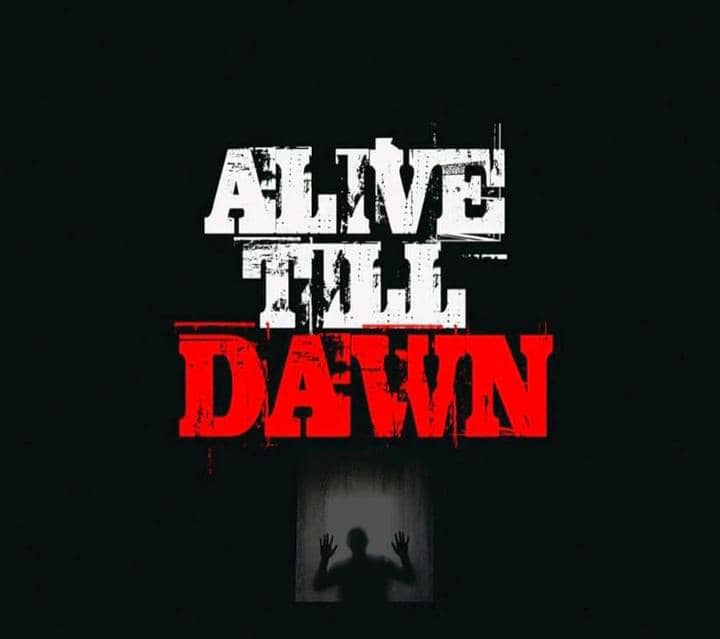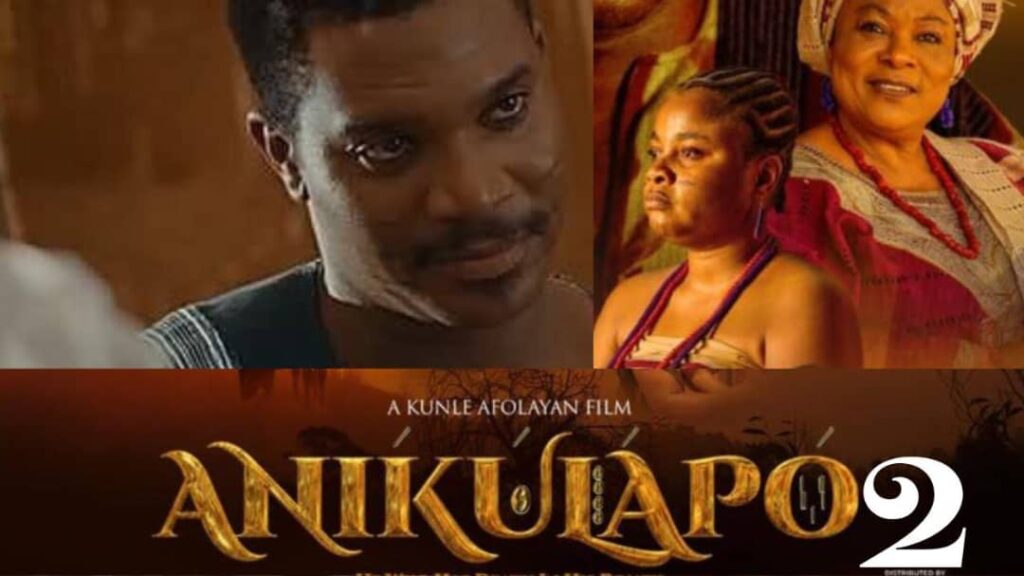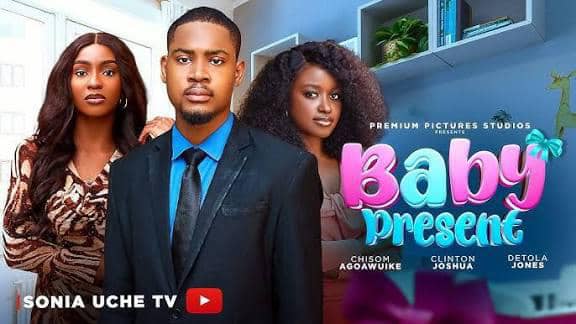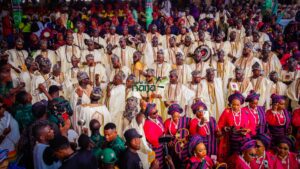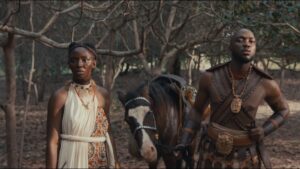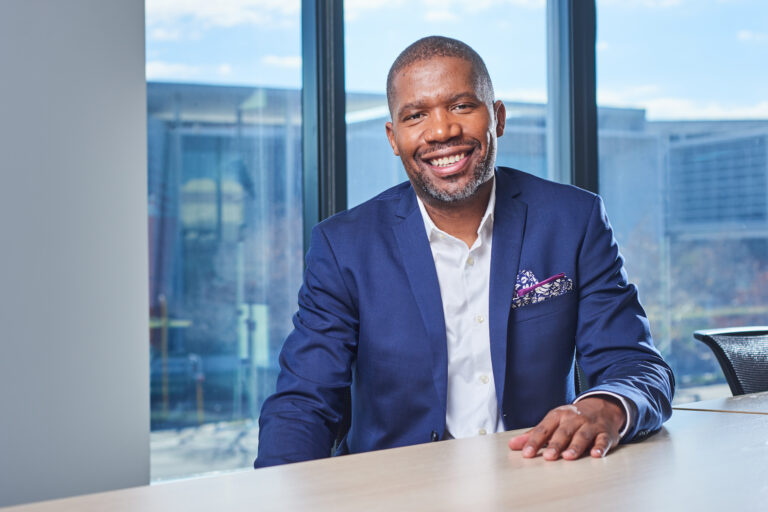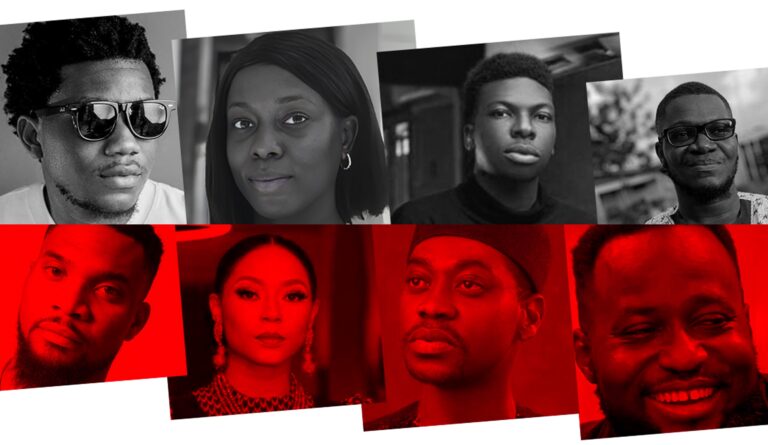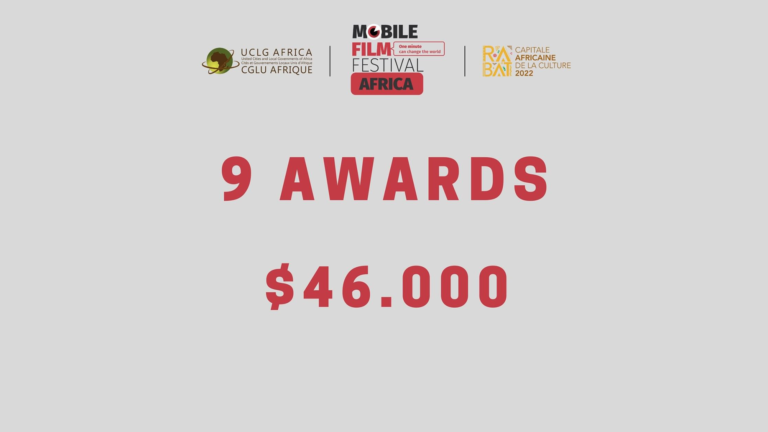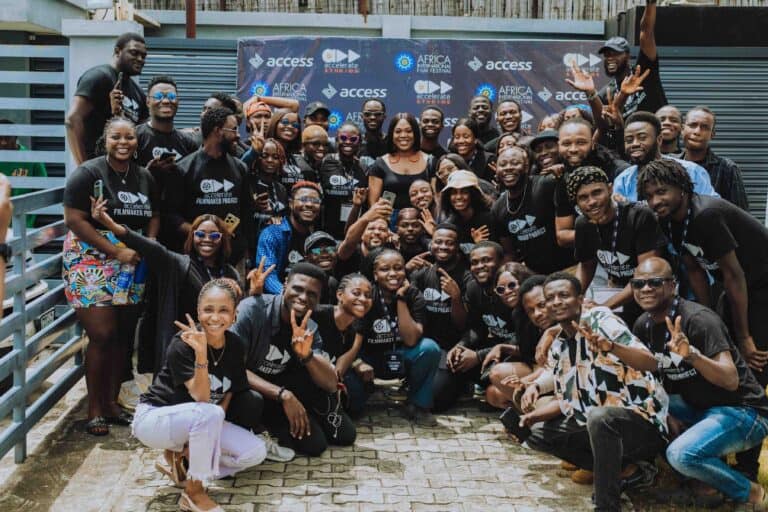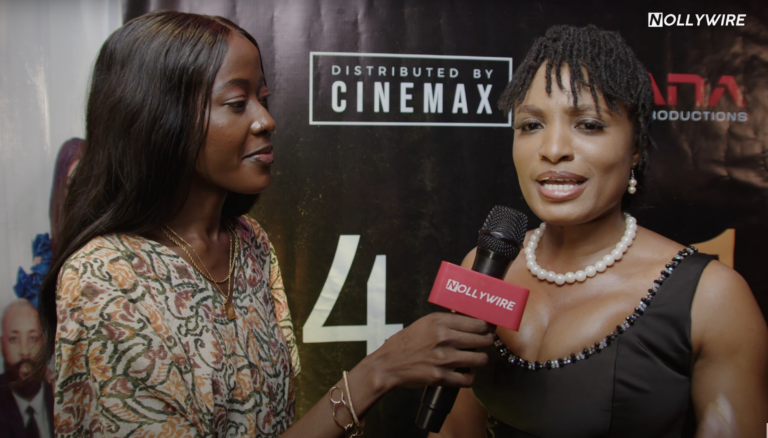In a conversation with director Adeoluwa Owu, it quickly became clear that his focus in 2025 goes beyond just his upcoming projects. He is building a legacy in Nollywood, one defined by collaboration and uncompromising quality.
After making a cultural splash with hits like The Griot, Adire, A Tribe Called Judah, Queen Lateefah, and the current box office chart-topper Owambe Thieves, Owu—known as Captain Degzy—is now shaping his next act at Degzy Films with a slate of new projects. Each is designed to grab attention, but more importantly, they are developed with collaborative muscle and a long-term vision.
“This year is going to be very heavy on collaborating with all the production houses and distribution houses,” he says. “That’s the only way.”
Building on this momentum, Owu is not only preparing to launch ‘The Griot 2’ but is also looking ahead to Omo Boy, a feature film two years in the making that is poised to be Degzy Films’ next major statement. The story, conceived by Temi Fosudo, has gone through multiple rewrites by Fosudo and Stephen Oluboyo to ensure it meets his high standards.
“We’ve done multiple rewrites. We’re taking our time to make sure it’s at the level it should be,” Owu says. “It’s not just a ‘this is nice’ kind of script—we’re building something with weight.”
Owu describes Omo Boy as a “quietly devastating film” about family, pressure, and survival—a story that will resonate on a deep emotional level. Cinematography for the film will be handled by Jonathan Samuel, a collaborator Owu credits for his work on Eniola Ajao’s second lead role in a theatrical release, ‘Owambe Thieves’.
For the reboot of her three-part classic Omotara Johnson, Bukky Wright tapped Owu to helm ‘The Return of Omotara Johnson’. It was shot on location mostly in Abuja, Nigeria and is now in post-production; it will feature performances from Richard Mofe-Damijo, Nse Ikpe-Etim, Shaffy Bello, Timini Egbuson, and Tomi Ojo.
Omo Boy and the Bukky Wright reboot aren’t the only projects in play. Owu also hinted at a new collaboration with actress Kehinde Bankole. “I can’t say anything about that yet,” he said, choosing his words carefully. What he did share was a creative bond years in the making: “We go way back,” he added, offering a glimpse into the trusted circle behind his upcoming work.
But more than a creative streak, these projects signal a shift in process—one he says started with Queen Lateefah.
“Queen Lateefah changed everything for me,” Owu says. “We prepped for two months, coordinated with 150 crew members, and made sure everyone was fully aligned. That kind of meticulous structure produced a different result, and now I understand what it takes to operate at that level.”
As Nigeria’s film industry positions itself for international competition, industry leaders are grappling with the complex realities of achieving global production standards while maintaining local market strength. Owu underscores the importance of quality at every stage of production, explaining that this focus is key to reaching international audiences.
“Quality is a big word,” Owu asserts. “It cuts across so many things.” This focus on quality aligns with the broader push by Nigerian filmmakers to break into global markets and streaming platforms.
Despite the technical capability and creative talent that Nigerian filmmakers have at their disposal, funding remains a significant barrier. Owu highlights the challenges of securing the necessary resources for international collaborations, noting, “You know what it takes to bring Hollywood stars on board—the insurance, logistics, all of that requires significant investment.” He revealed that some of his most ambitious projects, including a series idea with a foreign lead, are on hold due to insufficient funding.
While funding remains a challenge, Owu is still optimistic about the potential for collaboration, especially with industries like South Africa’s. “Nigerian directors should be taking on more projects there, and vice versa,” he asserts, emphasising that collaboration, not competition, will elevate the industry as a whole. “We don’t need to start with a hundred percent of the money. We just need to be serious about doing it right.”
This approach is how Owu chose to make ‘Omo Boy’, in collaboration with a Nigerian film distribution powerhouse; a partnership both parties were not ready to announce at the time of this writing.
Even with the industry’s pressure to secure platform deals, Owu stays focused on one thing: story-first filmmaking. Reflecting on The Griot, he says, “When we made The Griot, we didn’t even know [a Netflix release] was a possibility. I actually printed out the Netflix guidelines and just tried to follow everything—from camera specs to sound quality. We maxed out the little equipment we had.”
Now, with a team, a pipeline, and proof of concept, the next chapter of his filmmaking feels more certain—and more expansive.
“It’s not about begging anyone to come on board,” Owu says. “We know what we’re building. We’re not just making sellable films. We’re focused on creating films that will leave a lasting impact—stories that will resonate beyond borders and generations.”


